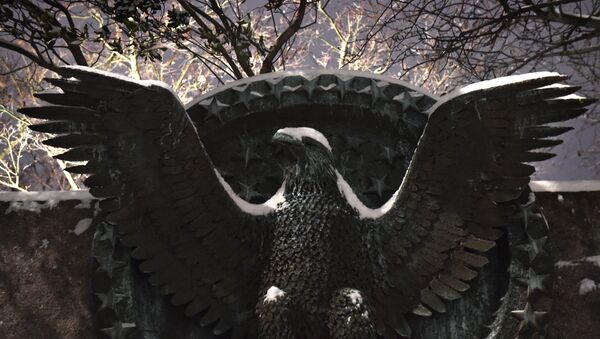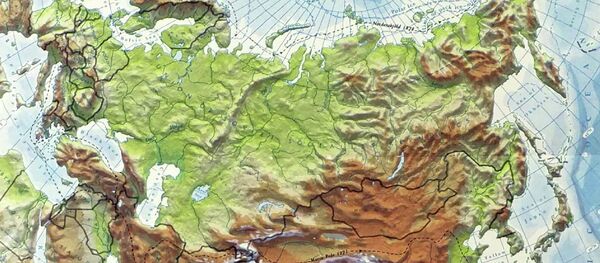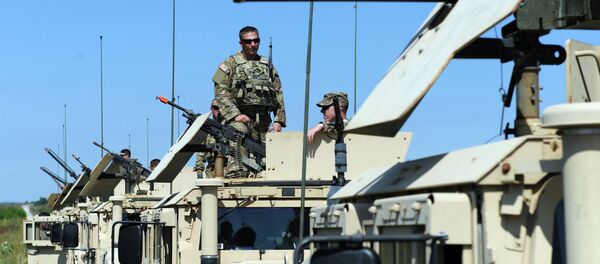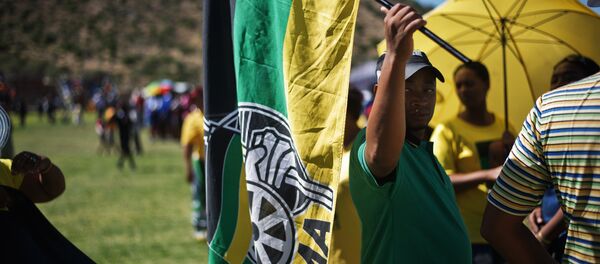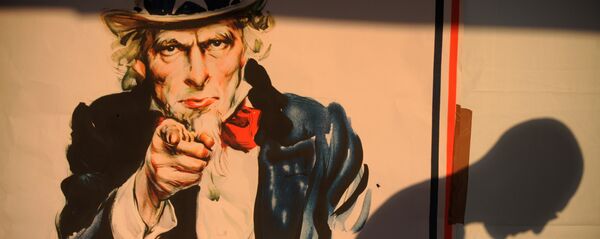"The art of propaganda," the columnist continued, "lies in the skillful propagation of half-truths, but how could Putin have unleashed the war in Ukraine? Was it Putin who overthrew the democratically elected government of President Yanukovych, planting in its place a putschist government headed by Turchynov and Yatsenyuk? Was it Putin who ordered them to start their so-called 'anti-terrorist operation' to exterminate the populations of Donetsk and Lugansk, regions which had refused to recognize the coup, and their new rulers?"
The reality, Petrik argued, was quite the opposite, with "American 'diplomats' concentrated in Kiev threatening Yanukovych against using violence against the demonstrators," while "these same 'demonstrators'" would go on to "approve a war against the population of eastern Ukraine." All the while, "those same American 'diplomats' would accuse Russia of unleashing this war."
In the journalist's view, the crux of the issue is that "the US cannot accept the blame" for its global misadventures, "and therefore points the finger at Russia and Putin as the main culprit for global aggression. Washington has forced Europe to introduce senseless economic sanctions which, aside from Russia, have weakened Europe, but not so much the US itself."
Experts With Real Knowledge of Russia Excluded From Media Dialogue
According to Petrik, "the reality is that anyone with any real knowledge of Russia is now denounced as 'Putin's henchman'. This includes even global academic heavyweights like Stephen Cohen. Today an odd situation has emerged where the majority of American commentators in the mass media who speak about Russia are people who have never lived in Russia, have not visited in many years, or both."
In the columnist's view, "the fact that experienced Russia watchers who really understand the country have been replaced by neoconservative lunatics who put Russia on a par with Syria, North Korea and ISIL is frankly alarming," since "Russia is not a military lightweight" which can simply be pounded into submission, "but the second largest global military power."
"The Kremlin now understands that using cooperation with the West to strengthen Russia's economic growth has turned out to be a waste of time. This explains Russia's enthusiastic attitude toward the BRICS group of countries. The same reasons have given birth to the alliance with China which, in the long term, is not in Moscow's interests," Petrik notes. "Nevertheless, Putin has calculated that humbly bowing before Washington is simply not an option."
Warning that there are other threats to the existing world order, including a rising China, the journalist concludes that it is a "real tragedy" that the people of the US and Europe, whose authorities have "unleashed and supported a wave of military conflicts destabilizing much of the world," cannot recognize that Russia is not a threat to world peace.
